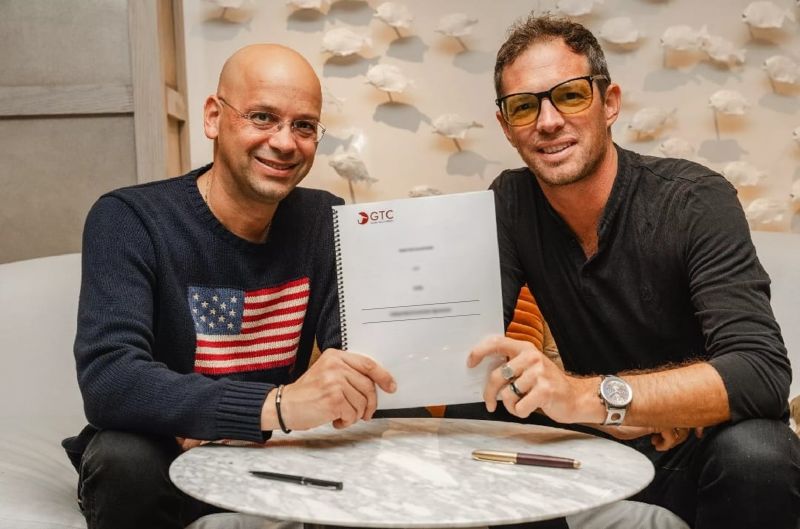Global digitisation has made the use of laptops and mobile devices more mainstream. As a result, many things, such as banking, accessing content and communicating, have become more freely available. Unfortunately, the digital revolution has also opened a massive loophole for criminals. A recent study revealed that cybercriminals had stolen billions of dollars over the last six years. There has also been unquantifiable damage to numerous brands and personalities after sensitive information, pictures and videos have been accessed by hackers and used in malicious ways.
This raises the need for improved security. While passwords are the most common form of security associated with most digital accounts, they are simply not enough. Luckily, it is easy to make customers’ accounts more secure using two-factor authentication, commonly called 2FA.
What is two-factor authentication?
2FA is an additional layer of security for accessing a digital account in which users provide two different authentication factors to verify themselves. The user will first enter their username and password. Rather than gaining instant access to their account, they will be required to submit additional information. Should they fail to enter the additional information correctly, access to the account will be blocked. If a user’s password had been stolen hackers will be unable to access the account since they will not pass the second verification process. In simple terms, the 2FA acts as a broker between what you know (password) and what you have (mobile phone).

How SMS text message and voice-based 2FA works
2FA SMS is widely adopted because it readily integrates with any user’s phone, even if it’s not a smartphone. When registering to sign up for a cloud service, the user will be required to enter a username, password and mobile phone number. The cloud service then validates the user’s mobile phone number by sending a confirmation SMS. This is a One-Time Password (OTP) generally to be used within 10 minutes after receiving it. Your cloud service will also pair the username and password with the user’s mobile phone number.
For a text-to-speech automated service, the user will receive an automated call that delivers the 2FA code in audio format. SMS or voice-based OTP is a superb choice to secure your clients’ accounts and offer additional value alongside your primary services.
Pros and Cons of 2FA SMS verification
A 2FA SMS verification greatly decreases the chance of a hacker gaining access to a user’s personal information and reduces the risk of identity theft and fraud.
A possible risk of the 2FA SMS verification could be when hackers conduct a targeted attack. Examples would be an MNO SS7 attack, which requires sophisticated and expensive infrastructure, and a SIM swap attack, which requires the hacker to have insider information on a mobile phone number.
Global Telco Consult (GTC) can help
As a global business messaging consultancy, Global Telco Consult (GTC) has some simple advice.
For businesses:
➔ Select a strong authentication partner for the OTP enablement.
➔ Rely on regulatory frameworks and up-to-date prescriptions.
➔ Protect your cloud OTP infrastructure.
➔ Choose a reliable SMS vendor for secure 2FA SMS OTP delivery via direct channels and connections towards MNOs and clients.
➔ A unique and easy to remember SMS Sender ID must be chosen.
➔ Send the correct OTP with a consistent message.
➔ Inform your client about security news and updates.
For clients/users:
➔ Always check for SMS Sender ID – it should iterate within your SMS inbox.
➔ Check the consistency of the content and compare it with previous ones.
➔ Be aware of the OTP delivery time frame.
The number of mobile phone users is constantly growing, and SMS does not require any additional application download to opt-in for the 2FA SMS OTP. SMS is always present, always active and available. SMS and OTP will remain a strong reference for a 2FA process.
Global Telco Consult (GTC) is a trusted independent business messaging consultancy with deep domain knowledge in application-to-person (A2P) services. GTC provides tailor-made messaging strategies to enterprises, messaging service providers, operators and voice carriers. We have expertise in multiple messaging channels such as RCS, Viber, WhatsApp, Telegram and SMS for the wholesale and retail industry.
GTC supports its customers from market strategy through service launch, running the operations and supporting sales and procurement. The company started in 2016 with a mission to guide operators and telcos to embrace new and exciting opportunities and make the most out of business messaging. For more information or industry insights, browse through our blog page or follow us on LinkedIn.






